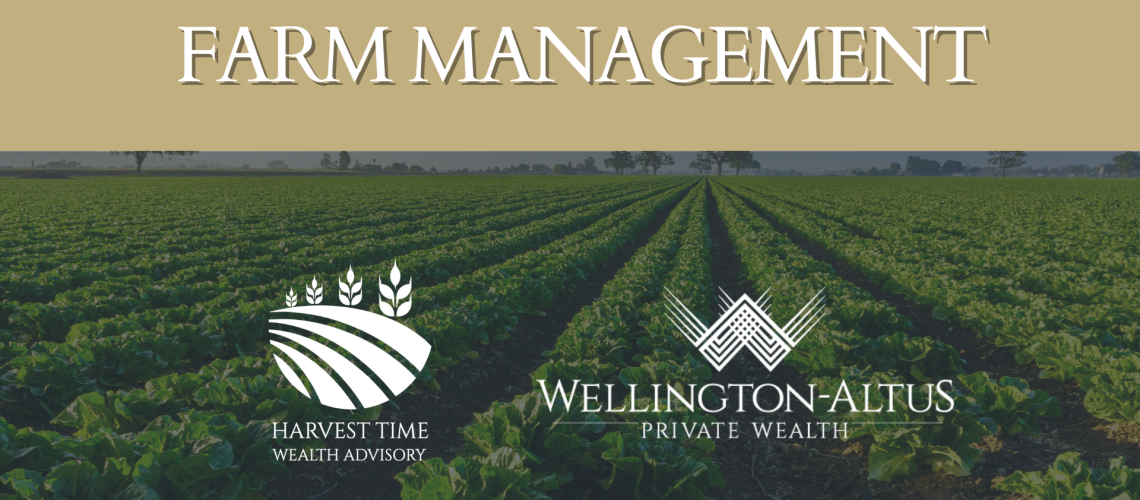
Recent proposals by the Canadian government regarding changes to the capital gain tax inclusion rates for farm corporations have sparked significant interest and discussion among agricultural businesses nationwide. These proposed adjustments aim to address perceived imbalances in the tax system while striving for a fair distribution of tax responsibilities. Understanding the proposed changes and their potential implications is crucial for Canadian farm corporations and investors in the agricultural sector.
Overview of Proposed Changes
The proposed tax changes revolve around modifying the capital gain tax inclusion rates for Canadian farm corporations. Currently, farm corporations include only 50% of their capital gains in taxable income. However, the government’s proposal seeks to raise this inclusion rate, resulting in a higher proportion of capital gains being subject to taxation.
Under the proposed adjustments, the capital gain tax inclusion rate for farm corporations would increase to 66.7%. This proposed change would significantly elevate the taxable portion of capital gains realized by farm corporations, leading to increased tax liabilities for affected businesses in the agricultural sector.
Rationale Behind the Proposals
The proposed changes to the capital gain tax inclusion rates are underpinned by several justifications specific to the agricultural industry. One key rationale is to rectify perceived imbalances in the tax system, particularly concerning the differential treatment of various income sources. Advocates argue that the current 50% inclusion rate for capital gains provides preferential tax treatment compared to other forms of income, such as employment or interest income, which are fully taxable.
Furthermore, proponents assert that raising the tax inclusion rate for capital gains would promote a more equitable distribution of tax burdens within the agricultural sector. By subjecting a higher proportion of capital gains to taxation, the government aims to ensure that farm corporations contribute their fair share to government revenue.
Potential Implications for Farm Corporations and Investors
The proposed changes to the capital gain tax inclusion rates could carry significant implications for Canadian farm corporations and investors in the agricultural sector. For farm corporations, the higher tax inclusion rate would translate into increased tax liabilities on realized capital gains. This could impact farm profitability, cash flow, and strategic decisions regarding investments, divestitures, and operational activities.
Similarly, investors with holdings in Canadian farm corporations may experience effects on after-tax returns and investment decisions. The higher tax inclusion rate may diminish the appeal of investing in farm corporations, particularly for those seeking tax-efficient investment opportunities. Investors may need to reassess their investment portfolios and explore alternative strategies to mitigate the potential impact of higher capital gain taxes within the agricultural sector.
The information contained herein has been provided for information purposes only. The information has been drawn from sources believed to be reliable. Graphs, charts and other numbers are used for illustrative purposes only and do not reflect future values or future performance of any investment. The information does not provide financial, legal, tax or investment advice. Particular investment, tax, or trading strategies should be evaluated relative to each individual’s objectives and risk tolerance. This does not constitute a recommendation or solicitation to buy or sell securities of any kind. Market conditions may change which may impact the information contained in this document. Wellington-Altus Financial Inc. (Wellington-Altus) is the parent company to Wellington-Altus Private Wealth Inc. (WAPW), Wellington-Altus Private Counsel Inc. (WAPC), Wellington-Altus Insurance Inc. (WAII), Wellington-Altus Group Solutions Inc. (WAGS), and Wellington-Altus USA Inc. Wellington-Altus (WA) does not guarantee the accuracy or completeness of the information contained herein, nor does WA assume any liability for any loss that may result from the reliance by any person upon any such information or opinions. Before acting on any of the above, please contact your financial advisor.
©2024, Wellington-Altus Private Wealth Inc., Wellington-Altus Private Counsel Inc., Wellington-Altus Insurance Inc., Wellington-Altus Group Solutions Inc., and Wellington-Altus USA Inc. ALL RIGHTS RESERVED. NO USE OR REPRODUCTION WITHOUT PERMISSION. www.wellington-altus.ca.


